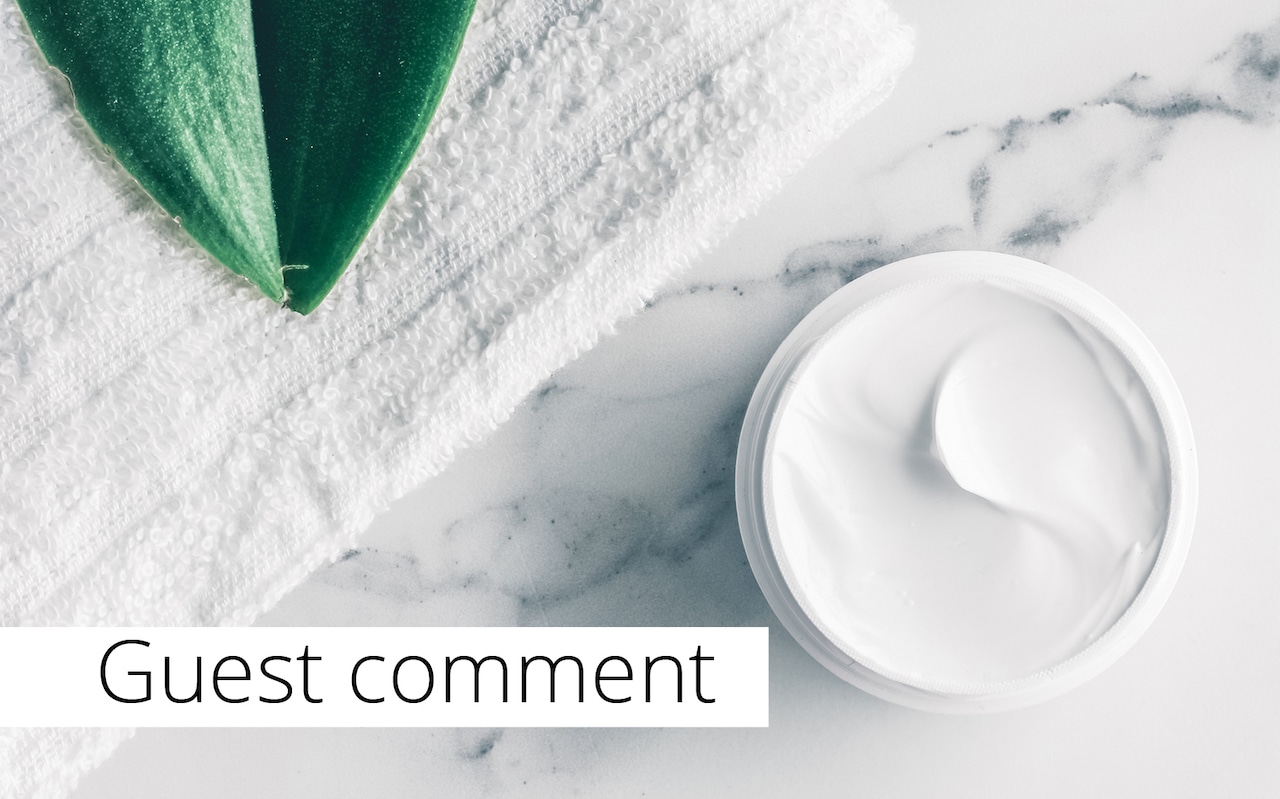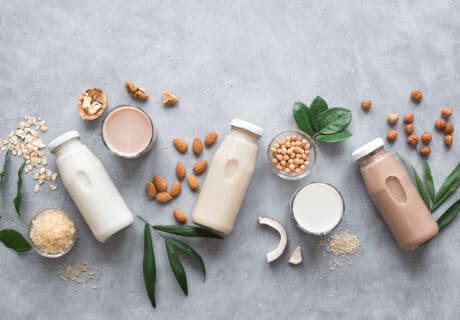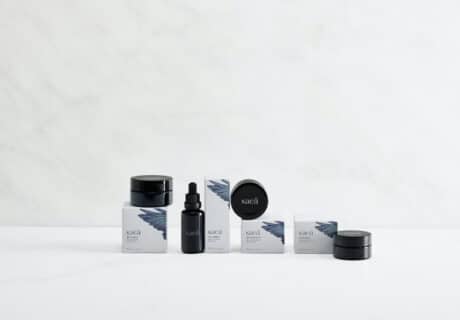There’s a new term emerging in the personal care industry: ‘science-washing’.
Science-washing refers to describing a product or ingredient using scientific-sounding language to lead customers to believe it’s scientifically verified and therefore more effective. Essentially, using intellectual sounding words as smoke and mirrors. Science-washing leads potential customers to gain confidence in the effectiveness of the products and ingredients. Yet, many scientific sounding claims are not verified by clinical evidence.
One common science-washing example currently under scrutiny in the skincare industry is hyaluronic acid. It’s been around for as long as human beings have been, occurring naturally in the lower layers of the human skin. In its natural form, hyaluronic acid absorbs the water we drink and uses it to maintain the plumpness, good health and softness of our skin. The synthetic form on the other hand, which has a different structure to the naturally occurring version, is heralded as a wonder ingredient in numerous skincare products on the market. It’s purported to improve hydration, smooth out wrinkles and enhance youthfulness. That’s an irresistible set of promises, for sure.
Applying synthetic hyaluronic acid to the surface level part of the skin, rather than the deep skin layers, may not be as effective. At surface level, hyaluronic acid can absorb water from the atmosphere but the extent to which this water finds its way into the skin is debateable. More worryingly though, hyaluronic acid at the skin’s surface can draw water outwards, from the lower layers of the skin to the surface, where it evaporates. There are fears that the long-term effect of this process is actually dehydrating the skin, rather than hydrating.
Hyaluronic acid is just one example of how a scientific-sounding ingredient may not be all it seems
Moreover, if it’s hyaluronic acid we’re after, eating more sweet potatoes in our diet is an excellent way to boost the body’s natural mechanism of hyaluronic acid production. Even further, by simply drinking more water, consuming less alcohol and smoking fewer cigarettes, one can benefit from producing more naturally occurring hyaluronic acid and its highly efficient skincare properties. There’s nothing new here!
Hyaluronic acid is just one example of how a scientific-sounding ingredient may not be all it seems. At Cosy Cottage Soap we’re all about simple skincare that uses natural ingredients. After all, ingredients like coconut oil, shea butter, fruits, flowers and plants have been used as skincare essentials for years. These simpler ingredients don’t require complicated methods of synthesis or fresh phases of animal testing to confirm their safety. Unlike the emerging skincare trend of promoting the need for complex, scientific-sounding ingredients to solve our skin concerns, natural skincare avoids leaving customers scratching their heads. It is not only effective, but it’s also kinder to our planet and to animals.





